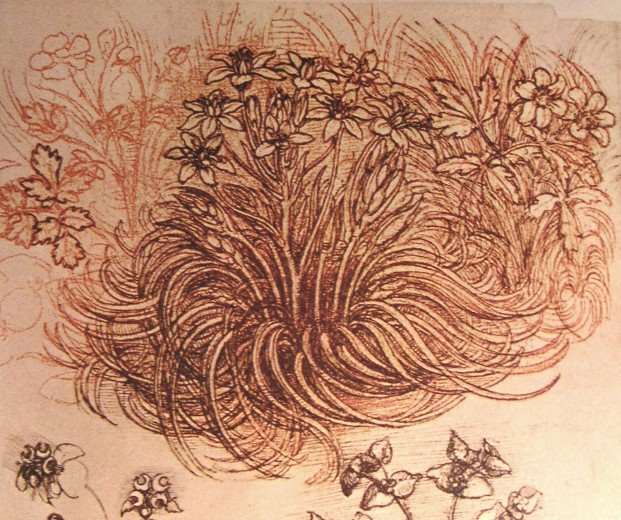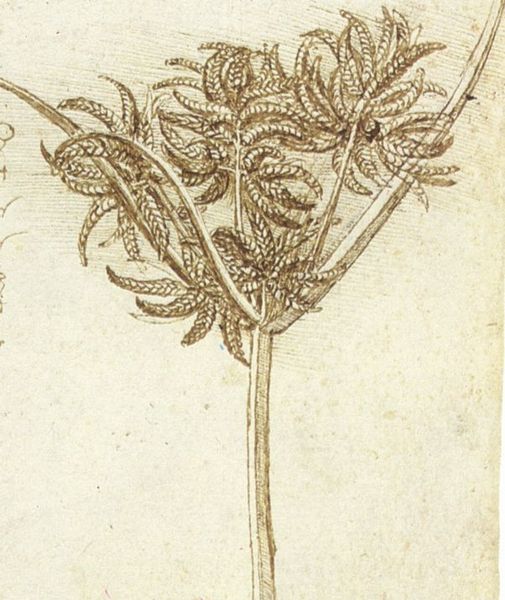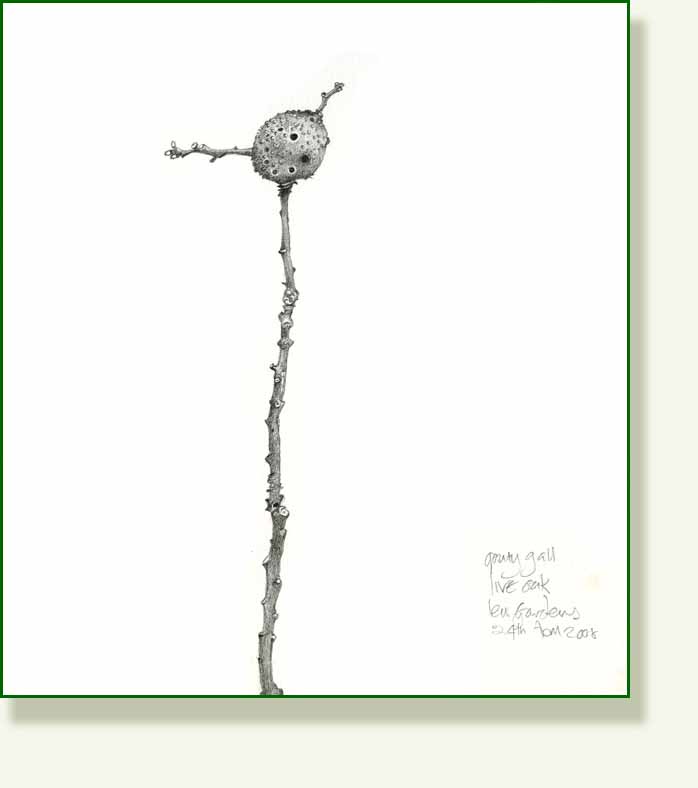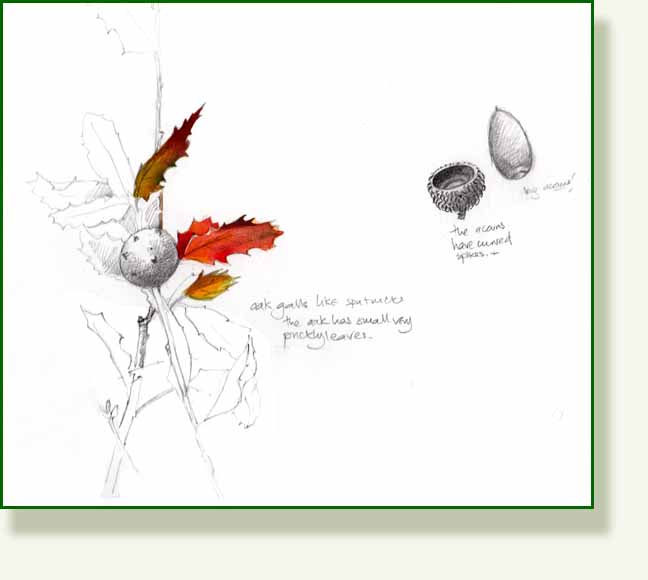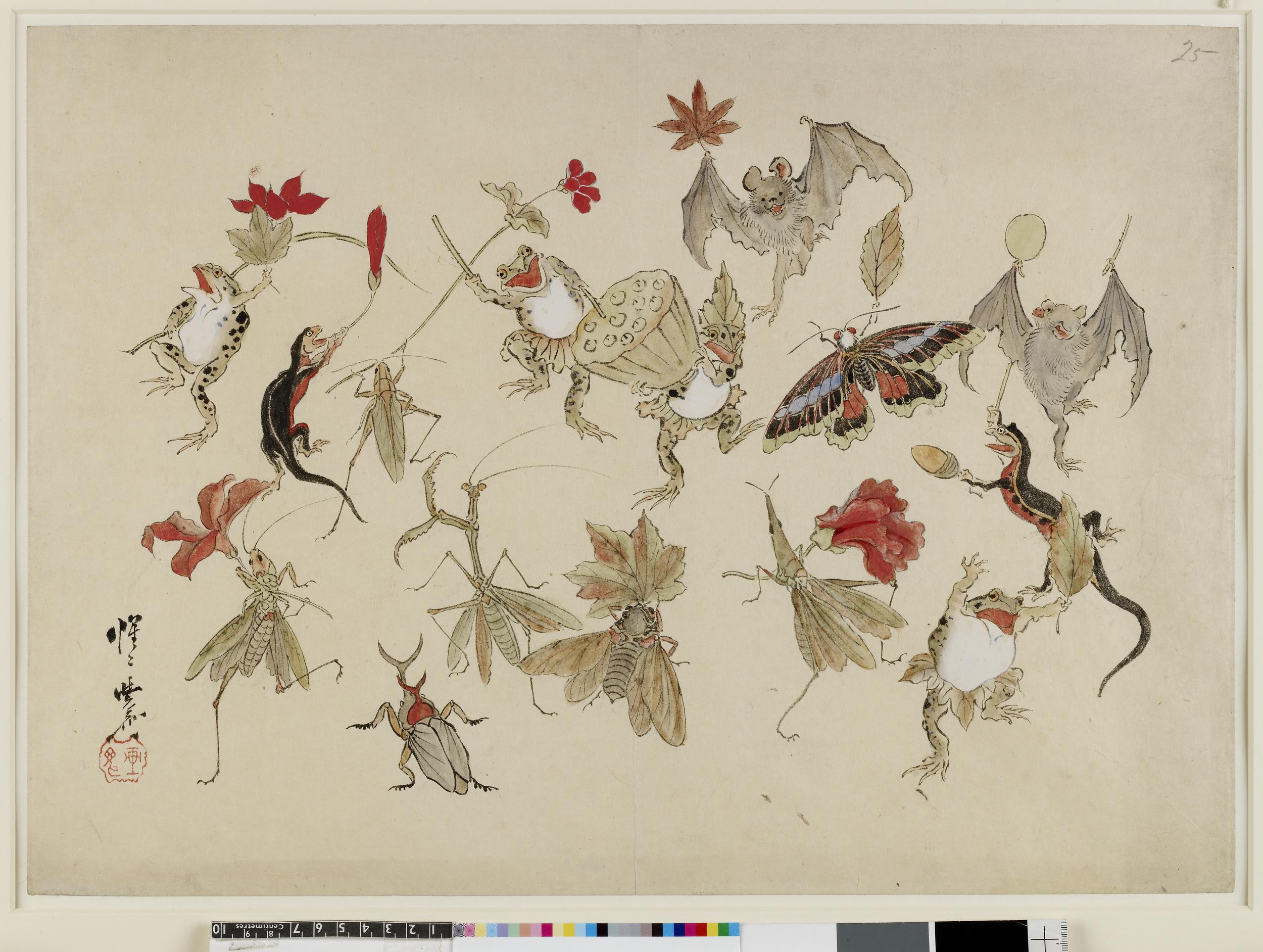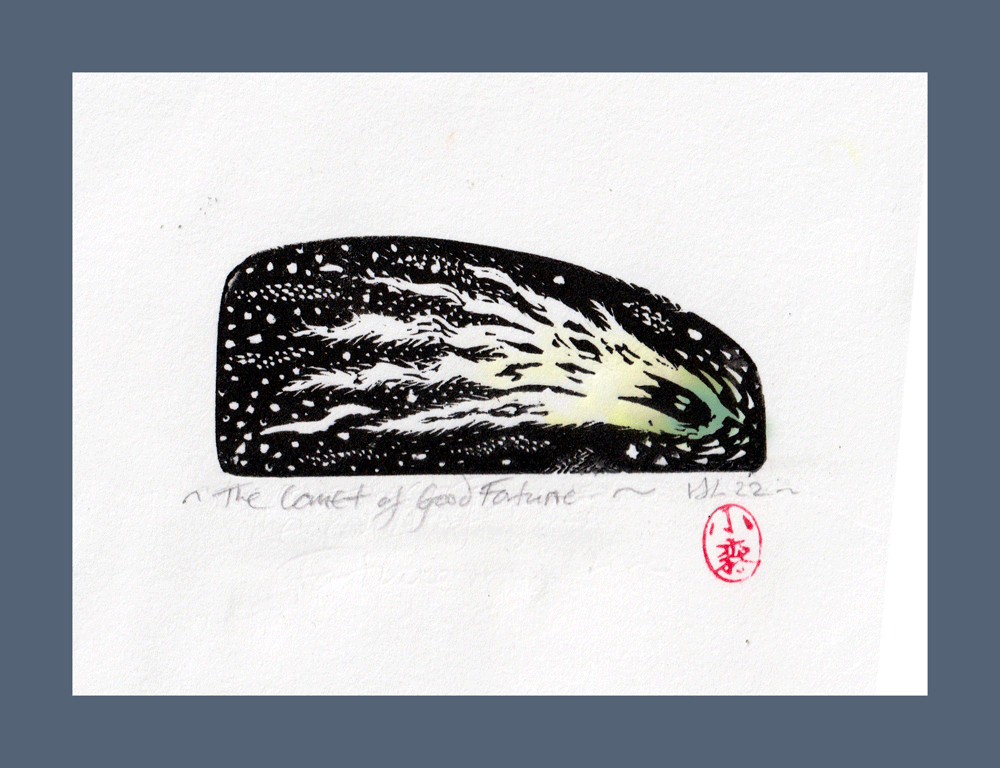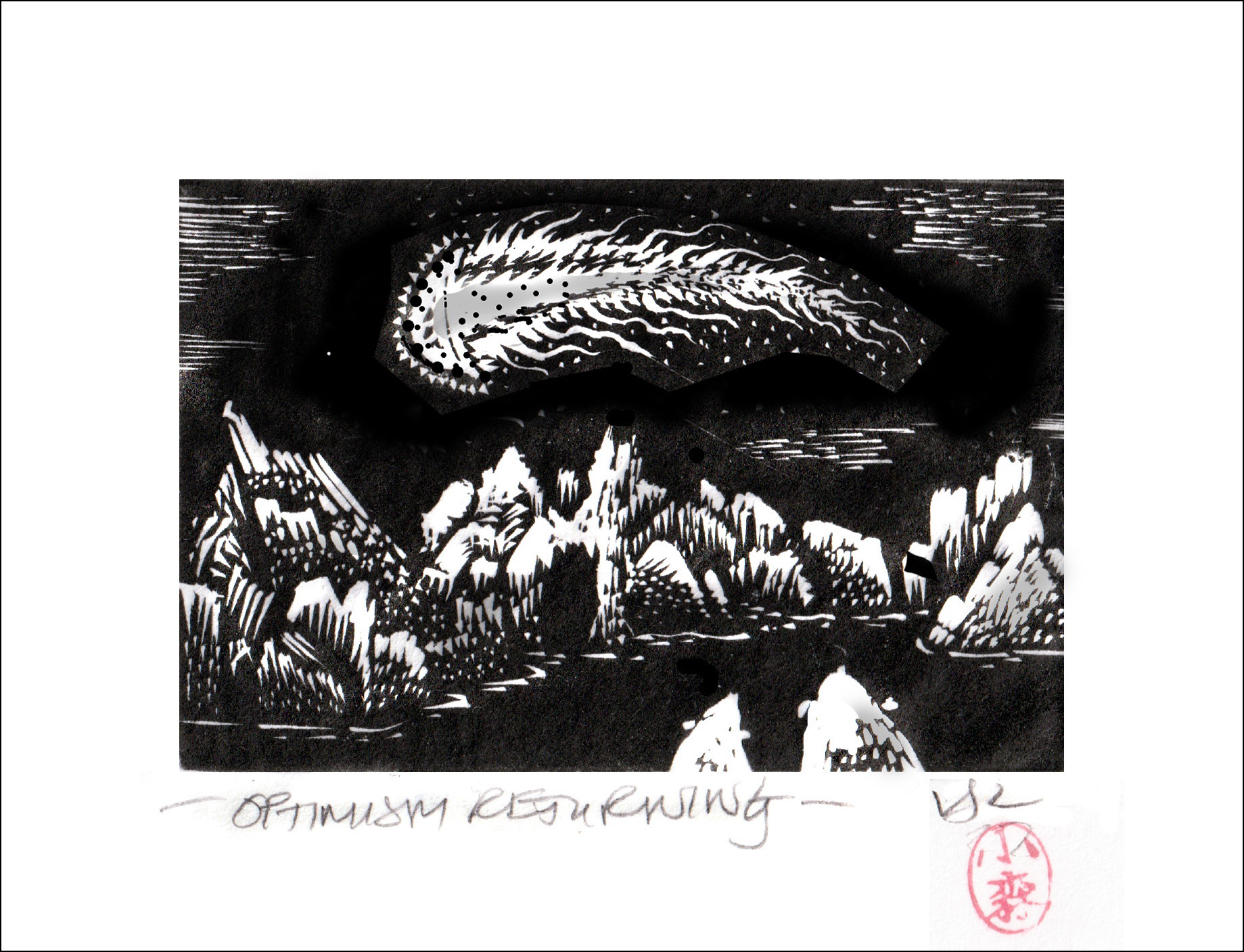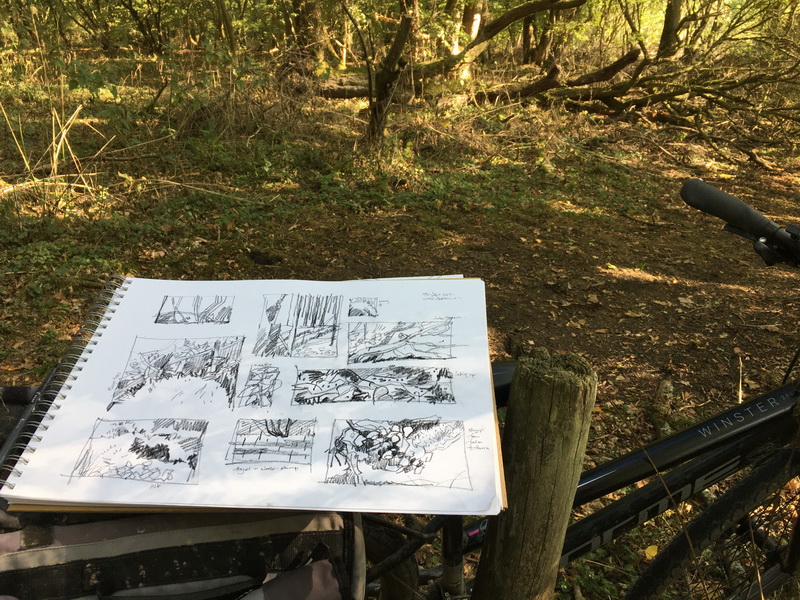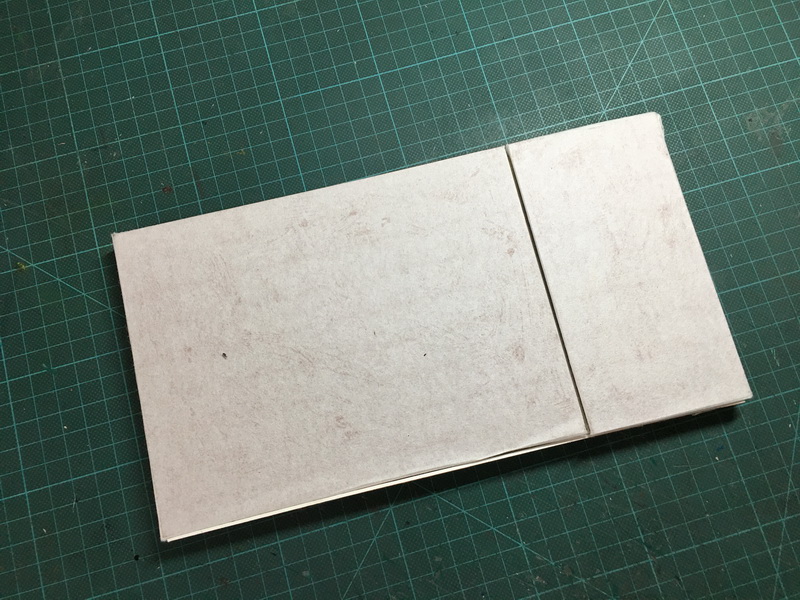A couple of days ago I was talking to Pedro about the lovely bluey black Iron Gall Ink which I had with me that day. It is made by Blots “carefully blended to a medieval recipe” which I am sure still involves oak galls and I am very interested in these odd but curiously attractive little objects.
Iron Gall ink was the most important ink in written history. Leonardo’s notes, Bach’s compositions, Rembrandt and Van Gogh’s drawings, the USA Constitution and the Dead Sea Scrolls were all recorded in iron gall ink. The particular property which made it invaluable was its permanence, the earlier carbon-based ink could be easily rubbed off parchments, but iron gall ink reacts with collagen in the parchment and so etches itself into the surface.
This was very useful for important documents which needed to be tamper proof but it fell out of use when paper became a more available. It has a nasty habit of destroying paper and some old manuscripts have to be “read” through the holes left where the ink has eaten its way though the paper completely.
To make the ink, oak galls are crushed to obtain gallotannic acid. This is then mixed with water and iron sulphate and then when gum arabic is added as a suspension agent, you have iron gall ink.
Here are two beautiful Leonardo botanical studies.
Later that day Pedro returned with some wonderful galls he had seen on the live oak here. I had drawn some oak galls last year in Spain which I found growing on the cork oaks in Andalucia. The cork oak galls are round like little sputniks or old fashioned bombs and I think are mealy oak galls, but this one from the live oak is a stem gall and rejoices in the evocative name “gouty” gall
Galls have names as odd as their looks. There are, jumping, wool sower, gouty, horned, and rolly poly galls and and more, and their formation is as intriguing as their names. They are the “work” of single tiny dedicated wasps whose lava produce plant growth-regulating chemicals which react with the plant tissue to stimulate tissue growth of the plant. The resulting galls can be all shapes and sizes, and provide food and shelter for the developing young grub.
The whole subject of galls is fascinating and there is another complicated relationship with other insects who attach themselves to the wasp lava and benefit from the shelter of the gall..Maybe that is why the one I drew today has other holes. I have some more research to do and some more drawings to make this time in iron gall ink of course. I just managed this one today which is like little waving alien.
I had another half day at Leu today and did couple more colour studies along with chatting to an ornithologist about the woodpeckers and watching the lizards and listening to the cardinals and more nice time wasting. I have not had time to photograph the sketches but that is my job for tomorrow.
____________________________________

